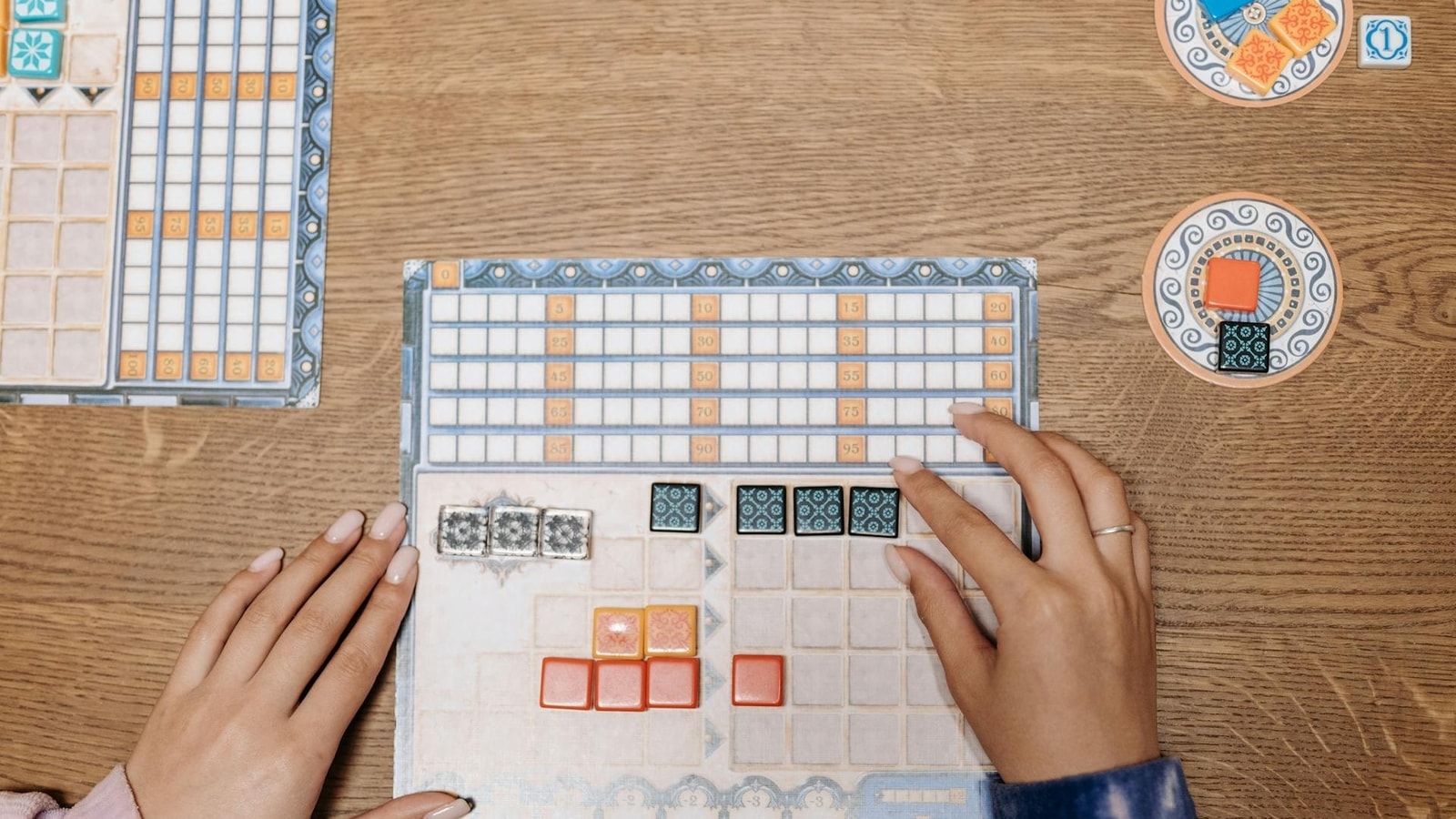Don’t try to see too much
Scheduling one day of leisure for every three days of activity can give elders a chance to recharge and give young kids some downtime “just to play in the hotel room,” Ms. Wirth said. She also suggests spending more time at fewer places rather than aiming to see every city and site because “six-hour car rides usually aren’t fun for anyone.”
Free time matters
“You don’t all need to be doing the same things at all times,” said Ms. Fine, who has gone on more than 20 vacations with her extended family. She has found that “a mix lets people spend time together but also do what’s important to them.” Young children may get cranky in the afternoon and need a nap. So may some adults. Teens may want to shop rather than tour another museum. Some families segment the day with a group activity in the morning, free time in the afternoon and then a group dinner.
Cooking’s cheaper, but dining out is special
Cooking together can save on dining costs and avoid the hassle of making reservations and arranging group transportation, but staying in every night might make the experience less of a vacation, Ms. Regenstreif said. “Experiencing the food culture and interacting with people is part of the experience,” when traveling, she said. A hybrid approach of some cooking and some dining out usually works, she said. Also consider varying your dinner companions, Ms. Fine said: “You don’t all have to eat together every night.” The younger generation may want to venture out on their own, or grandparents may want time alone with the grandchildren.
Discuss sharing costs and remember to say thank you
If one branch of the family, or grandparents, are picking up the tab, Ms. Regenstreif suggests that each part of the group pay for dinner one night, buy snacks on a tour day or find another way to say thank you. When costs are being shared more widely, the family should discuss how finances will be handled in advance, she said, “and do it in whatever way is comfortable for the group,” whether that is taking turns making grocery runs or keeping a more detailed spreadsheet of who’s been paying for what.
Be mindful of health concerns
For minor illnesses, be sure to pack basic medical supplies like a thermometer, a pulse oximeter, disposable masks, Covid self-tests and over-the-counter symptom relievers like cough medicine, said Rebecca Acosta, a nurse in Manhattan whose Traveler’s Medical Service helps people prepare for trips. If any family members come down with Covid or another contagious bug, the advice is the same as at home, Ms. Acosta said: Isolate the sick people if possible, treat their symptoms, and ask them to wear masks in shared spaces. If they are having trouble breathing or experiencing other serious symptoms, take them to an emergency room, and if they have a significant pre-existing condition, check in with their home physicians, Ms. Acosta said. To keep the rest of the family healthy, open the windows to increase fresh air and move activities outside if possible. You’re still on vacation, so “try to set things up so you can avoid risk but keep enjoying yourselves,” Ms. Acosta said.
























